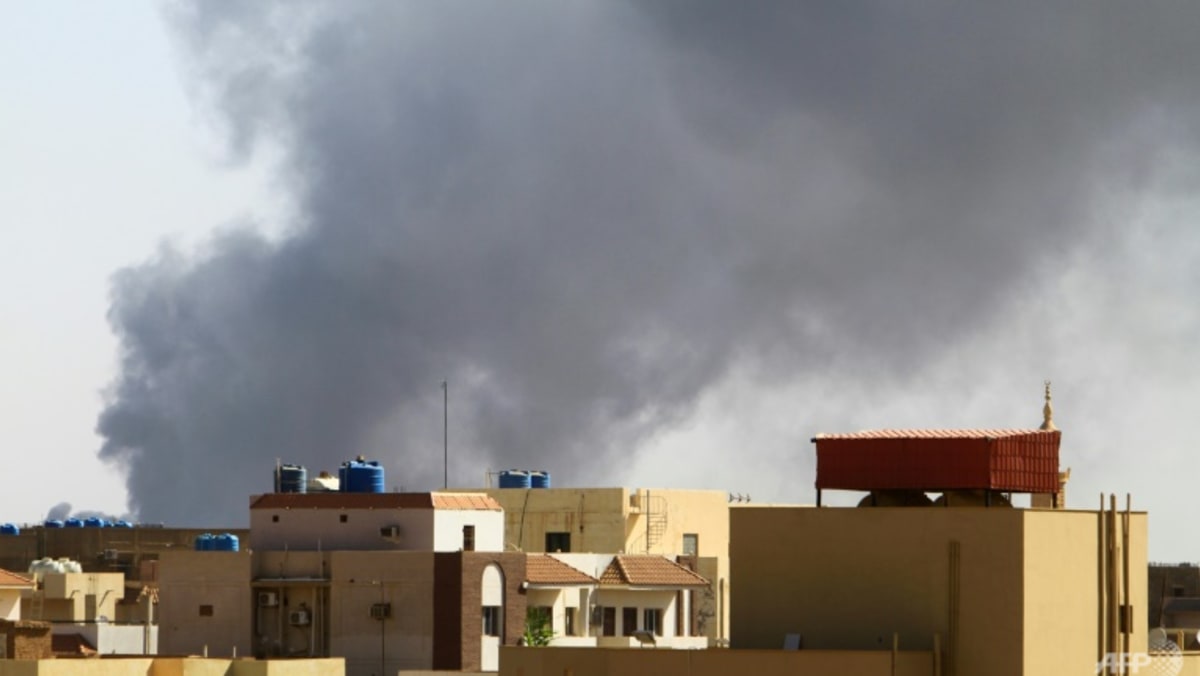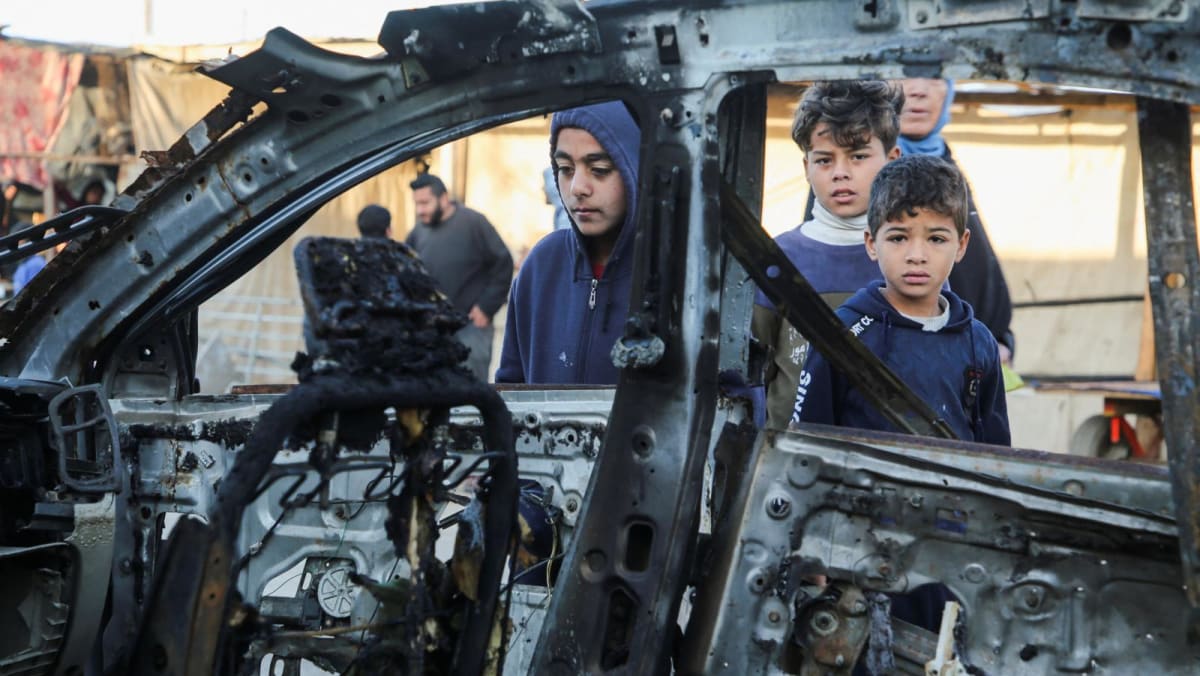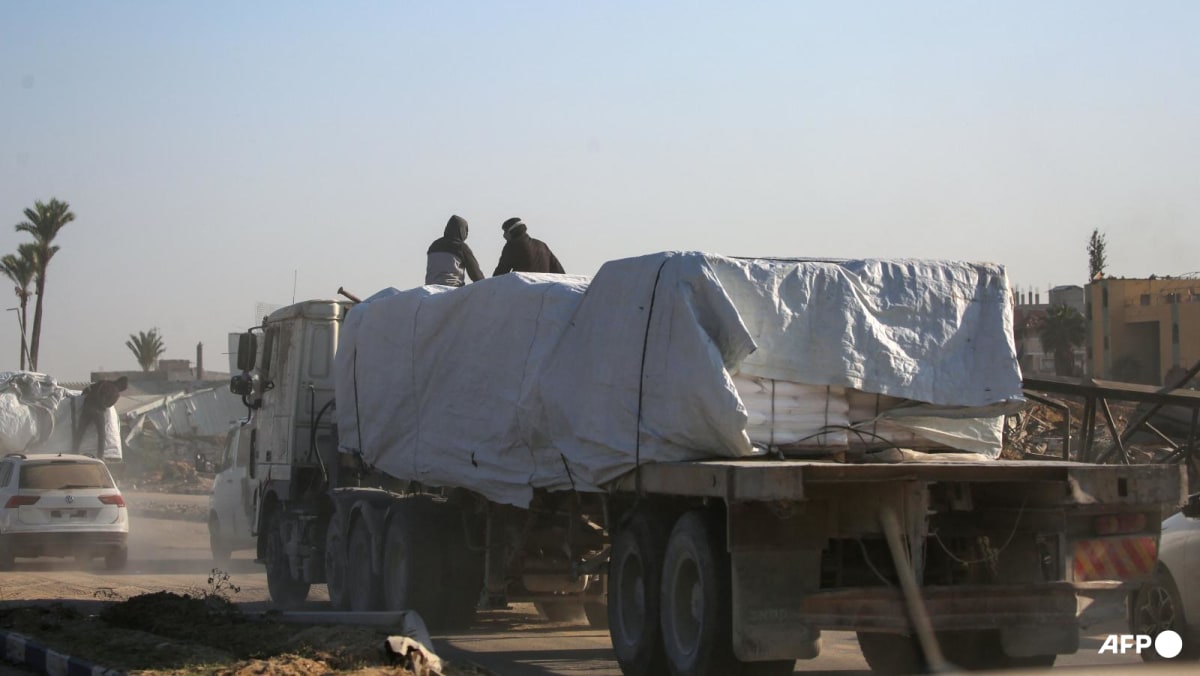A month into Sudan’s brutal war, no end in sight

“The situation is becoming worse by the day,” said a 37-year-old resident of southern Khartoum who did not wish to be named.
“People are getting more and more scared because the two sides … are becoming more and more violent.”
The fighting broke out on Apr 15 between army chief Abdel Fattah al-Burhan and his former deputy Mohamed Hamdan Daglo, who leads the paramilitary Rapid Support Forces (RSF).
What remains of the government has retreated to Port Sudan about 850km away, the hub for mass evacuations.
Around 1,000 people have been killed during the fighting, mainly in and around Khartoum as well as the ravaged West Darfur state, according to medics.
Violence on Friday and Saturday alone in El Geneina left at least 280 killed, according to Sudan’s doctor’s union, which cited “difficulties in surveying all casualties”.
“There was still heavy shelling on Sunday that hit my home, damaging a part of it and injuring one of my sisters,” said a resident of El Geneina.
“Other houses around us were completely destroyed.”
In their latest moves, Burhan declared that he was freezing the RSF’s assets, while Daglo threatened in an audio recording that the army chief would be “brought to justice and hanged” in a public square.
HISTORY OF COUPS
Sudan has a long history of military coups, but hopes had risen after mass protests led to the ouster of Islamist-backed strongman Omar al-Bashir in 2019, followed by a shaky transition toward civilian rule.
As Washington and other foreign powers lifted sanctions, Sudan was slowly reintegrating into the international community, before the generals derailed that transition with another coup in 2021.
Despite the bullets, aerial bombardments and anti-aircraft fire of recent weeks, neither side has been able to seize the battlefield advantage.
The army, backed by Egypt, has the advantage of air power while Daglo is, according to experts, supported by the United Arab Emirates and foreign fighters.
Daglo commands troops that stemmed from the notorious Janjaweed militia, accused of atrocities in the Darfur war that began two decades ago.
For now, “both sides believe that they can win militarily”, US Director of National Intelligence Avril Haines told a recent Senate hearing.
Multiple truce deals have been violated as hopes dimmed for an end to the fighting.
Source: CNA















